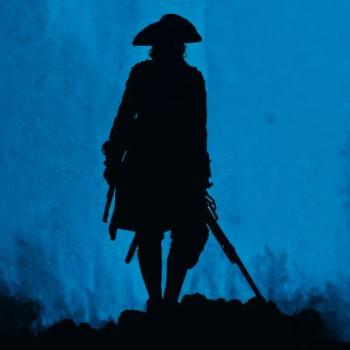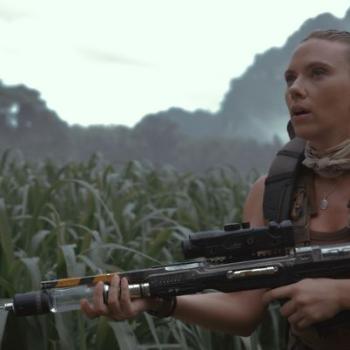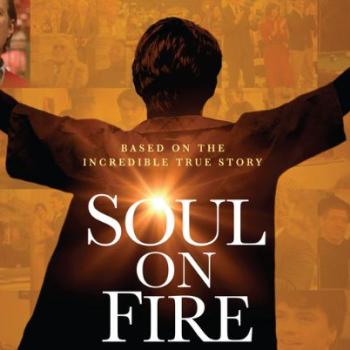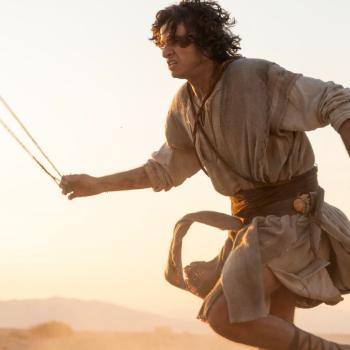Through the years, as a reporter and writer, I have probably conducted a thousand or more interviews. It’s one of the key elements of being a writer, whether for a local paper, a magazine or research. I’m by no means an expert, but I’ve been asked by those who are just getting started for some tips on what to do. My style has evolved somewhat and I’ve already revealed some of my most awkward interviews. But if you are interested, here are some thoughts that I’ve shared with others.
Discover Your Style—I would first suggest you read or listen to other interviewers and figure out what type of style you would like to emulate. Everyone interviews based on their own techniques and personality. Mine is more or less conversational. During an interview with John Tesh, he noted my leaning toward this type and mentioned that it’s the “Larry King”-style. You can read or listen to some of my interviews on this page.
Questions—I make a list of a few questions that I definitely want to make sure to cover. If there’s a subject that’s going to cause any type of stress for the interviewee, I ask it at the end of the conversation so we still have other info to go from if they decide not to answer or follow through. That is rare because most of my interviews have been about their own projects and not many take offense at those questions. Still, you may be blindsided into having an interviewee abruptly end the interview, so it’s better to have some material in your pocket in case that happens.
For me, if I’m recording it for the public, I have the questions in front of me. If it’s a print piece, I’m not as worried about it. I can kinda feel my way around the information during the course of the conversation. You may also want to take notes and write additional questions that come up in response to their answers.
Research—The major pitfall for the Larry King “conversational” style and most interview styles is if you’re not informed well enough on the interview subject. Even the King himself has demonstrated this on a few occasions and I certainly have myself.
I like to ask questions that they wouldn’t necessarily assume I’m going to ask but not necessarily “gotcha” questions, just a “left field question” based on some random fact you find out about them. For instance, if I’m interviewing a singer and I find out that they’re a comic collector, I might randomly ask which superhero could win a fight. It surprises them and makes it fun for the both of you. If you are doing hard hitting journalism, however, forget that piece of advice.
Recording—If I am going to write a news story with pieces of the interview, I take notes while writing (or type if I’m on the phone). If it’s going to be a direct Q&A;, I record the conversation and transcribe later (this is much more time consuming). To me, this is important because in person, you need to try and maintain eye contact. Looking down to write or reading while they’re talking is something the interviewed person will notice. You can also email questions but I’d make sure the person you want the answers from is the one doing the answering instead of their publicist.
Backup—If you’re on assignment, make sure you have a backup. I had my trusty iPod recorder but it went on the fritz and I lost a complete, one and only interview with Wynonna Judd. Another time, I was invited to drive into town for a special evening and interview with a singer and the recorder went on the fritz again. Adding to my distress was the subtle anxiety of the publicist, who’d put together a nice evening. I ran to my car to find any spare pieces of paper I could. I was frantically writing in a restaurant, a very uncomfortable situation.
Listen—This should be number one. It sounds like a given and yet I have had to remind myself. I think back to some interviews where I really listened and it changed the course of the interview. Then there are others, when I saw that the interviewee was dropping hints for a big news item and I lost the moment. It’s easy to try to think one step ahead, looking at the next question, but you need to be listening to the answer of the one you just asked.
If you’re a writer, publicist or even a frequent interviewee, what have I missed? What other advice would you give?













